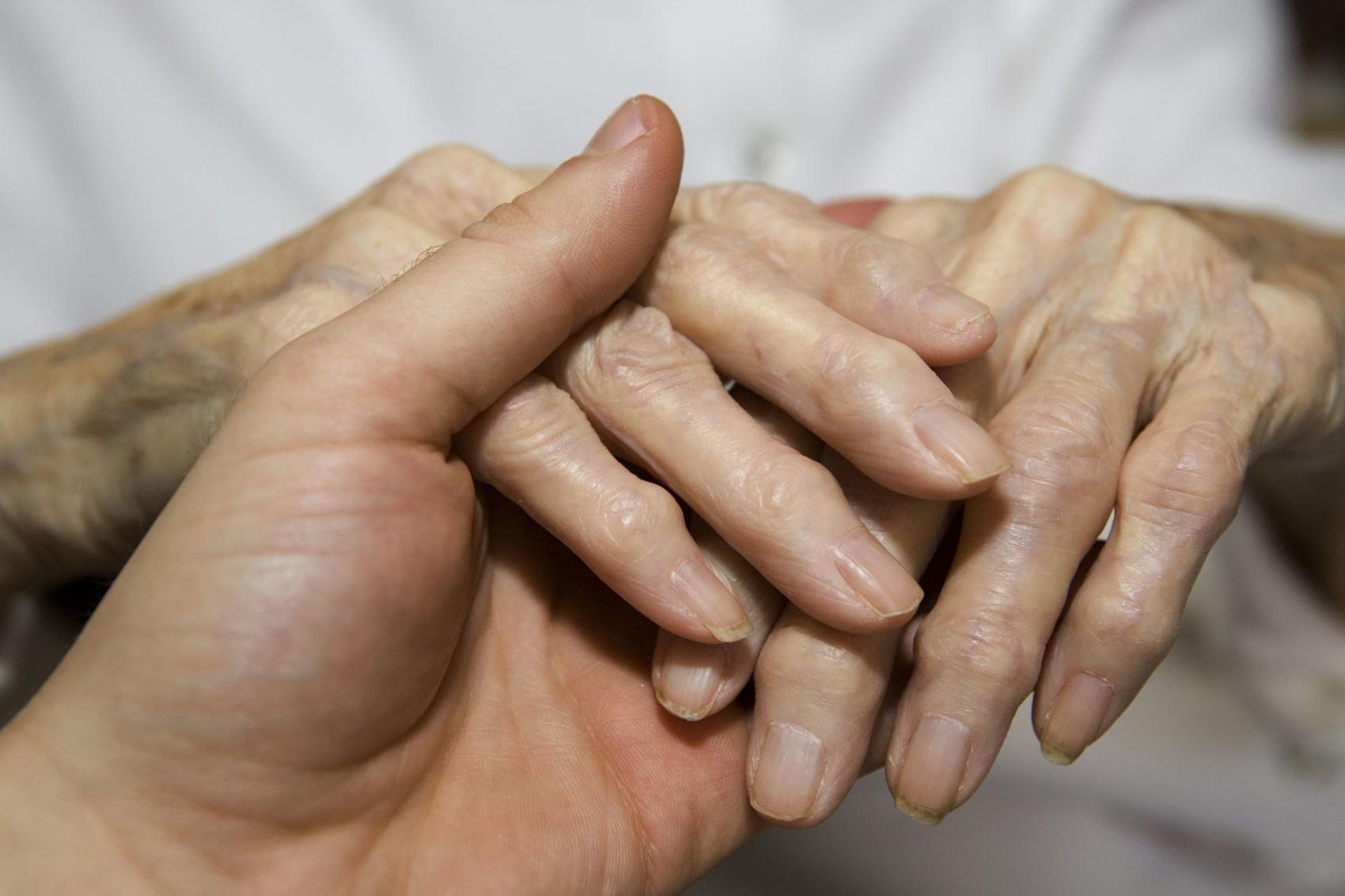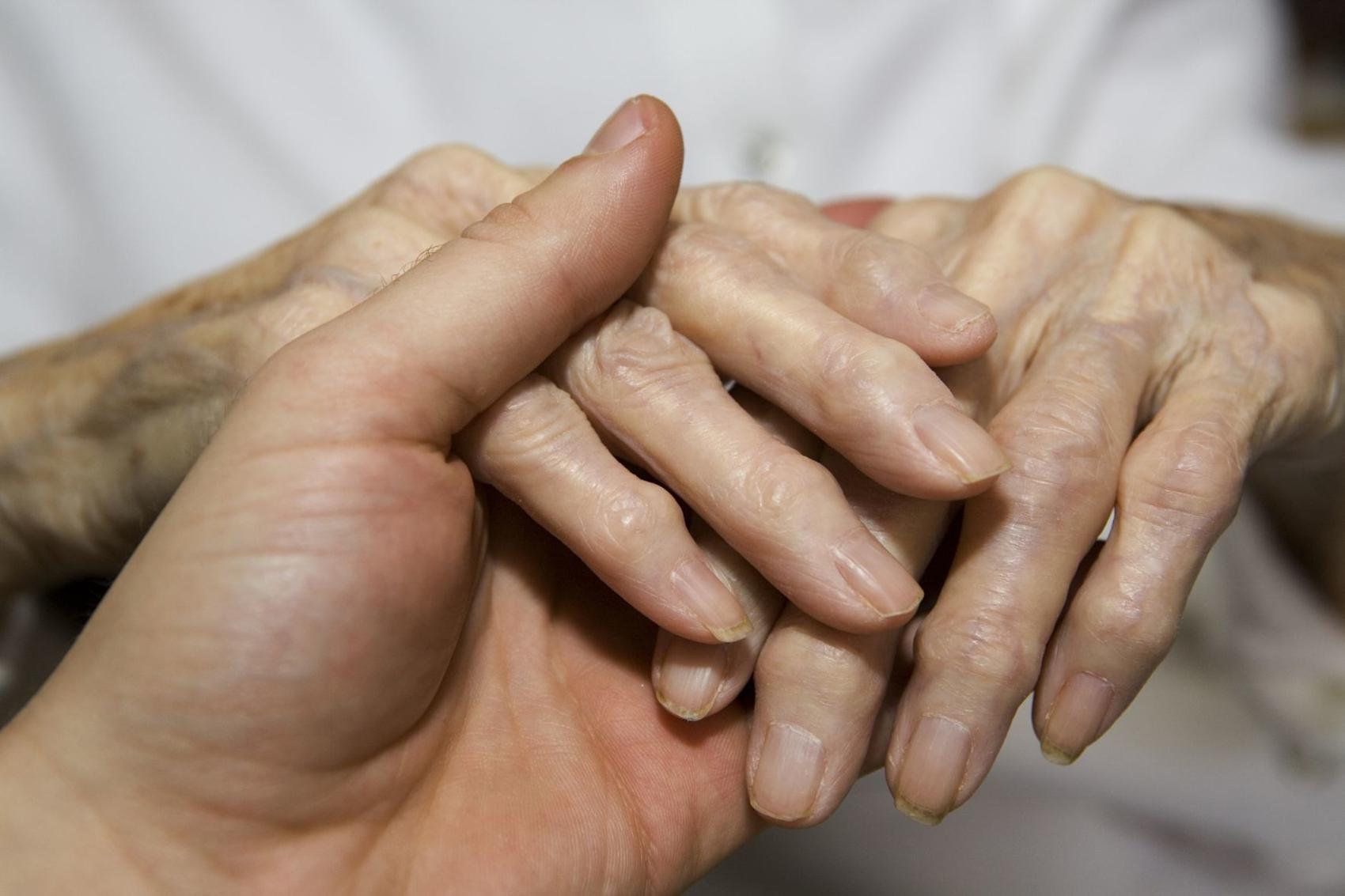Learn about brain health and nootropics to boost brain function
Public Pulse: Help with early onset Alzheimer’s; Consolidate school districts; Delay hurts rural hospitals


An estimated 200,000 Americans under the age of 65 are living with Younger-Onset Alzheimer’s Disease, and my mother, Anne Marie, was one of them. As someone who cared for a loved one with dementia, I understand the burden that 34,000 Nebraskans with Alzheimer’s and their families are facing.
I lost my mom in February at age 60 after an eight-year-battle with this horrific disease. When my mom was diagnosed, I was 22 and my sister was 16. Our father had died a few years prior to brain cancer, and we were on our own.
Alzheimer’s is exceptionally difficult when the individual is younger than 65. My mother could no longer teach. She lost her job, her income and insurance that supported us. My sister in high school, who didn’t have her license, drove our mom to appointments because there was no alternative. I’d leave work every day at lunch to check on her because we couldn’t afford in-home care.
I want to thank Sen. Deb Fischer from the bottom of my heart for co-sponsoring the Younger-Onset Alzheimer’s Disease Act. I’m grateful that politicians like Fischer understand the challenges and want to make positive changes for families like ours. Through the act, individuals under 60 living with the disease would have access to transportation, respite services for family caregivers and other services to improve the quality of life. I’m asking other members of Congress to please co-sponsor the Younger-Onset Alzheimer’s Disease Act of 2019 (H.R. 1903/S. 901) to help families get the support they desperately need.
A tremendous amount of energy was expended during the recent Nebraska legislative session regarding the high cost of property taxes and proposals to reduce that burden. Nebraska has become a very expensive state in which to reside from a tax perspective. Along with the high tax issue was the issue of allocation of a portion of those taxes to Nebraska school districts.
A partial solution seems fairly evident given the number of students in many of Nebraska’s school districts. Nebraska has too many school districts to maintain. When school districts were developed, transportation was cumbersome and rural population was greater. Today those have changed.
School districts come with a significant amount of cost relating to infrastructure -– buildings to maintain and administrative costs in addition to teacher salaries and expenses.
A couple of examples of small enrollment and proximity to another school district are Mead Public Schools (fewer than 250 students), which is only 8 miles from Wahoo Public Schools (about 1,000 students); and St. Edward Public Schools (fewer than 170 students), which is only 11 miles from Albion Public Schools (Boone Central with about 600 students). This is repeated many times across the state.
Something must be done to reduce Nebraska’s high cost of taxes, and a look at school district consolidation should be of high consideration.
My mom turns 86 soon. An Ord, Nebraska, resident, she had a stroke last year. If you have an elderly parent in Nebraska, this might sound familiar: She drove herself to the emergency room.
Fortunately, the hospital is just a few blocks away. She not only received quality care, but during her recovery, specialists traveled to Ord to see her and other patients — mom didn’t have to drive over an hour to Grand Island or Kearney for treatment.
Across the U.S., one in five rural hospitals are at risk of closing.
Researchers from the University of Colorado analyzed hospital closure and financial data between 2008 and 2016 and found that Medicaid expansion prevented rural hospital closures because previously uninsured people got coverage. Coverage meant less uncompensated care, strengthening rural hospitals’ financial positions.
Medicaid expansion is one key source for shoring up rural hospitals’ fiscal shortfalls and keeping rural residents — like my mom and maybe yours, too — in better physical and emotional shape. That’s why I cheered when Initiative 427 passed. Nebraskans wisely voted to expand Medicaid coverage.
Nebraska leaders need to follow through with the voters’ Medicaid expansion decision as soon as possible. The voters decide, and government implements the will of the people. That’s how democracy is supposed to work. I’ve led public health and human services organizations and can assure you, the people who work in state government know better and can do better than delaying implementation of the voters’ mandate. No delay is acceptable.
The article in the June 3 World-Herald about Vincent Chiodo was very informative and interesting (“Omaha’s first Italian millionaire was a survivor — just like his buildings”).
I am 91 now, but my memory of Mr. Chiodo is still vivid. As a little girl, I was always impressed when he wore beautiful white suits in the summer and a dark, long men’s fur coat in the winter.
He came to my parents’ house every Thursday night for a spaghetti or macaroni meal. Thursday and Sunday were traditional pasta days for most Italian families.
During neighborhood festivals, an Italian band, while marching the streets, would stop in front of his home and honor him by playing several songs.
By providing those accused of a crime with the option of paying off bail or awaiting trial behind bars, the prison system is rigged to favor the wealthy while it simultaneously discriminates against low-income citizens, particularly minority groups. Through eliminating money bail in Nebraska, those financially vulnerable would no longer be at risk to lose their jobs or housing while awaiting trial behind bars, giving every citizen equal opportunity to continue their lives despite demographic differences.
Individuals without the resources to post bail could either await their court date behind bars or they could take a plea deal in order to be released from jail immediately and able to return to their “real world” responsibilities. If they take a plea deal, even if they are innocent, they no longer have the means to defend their name and now have a criminal charge on their record that they’ll have to admit to future employers.
I want to raise awareness of the negative drawbacks Nebraska currently participates in by allowing an outdated and discriminating bail system to continue.
Isn’t it incumbent upon man, for his own survival, to determine what the negative effects are going to be? Isn’t some regulation and limitation in order?
Click here to view full article